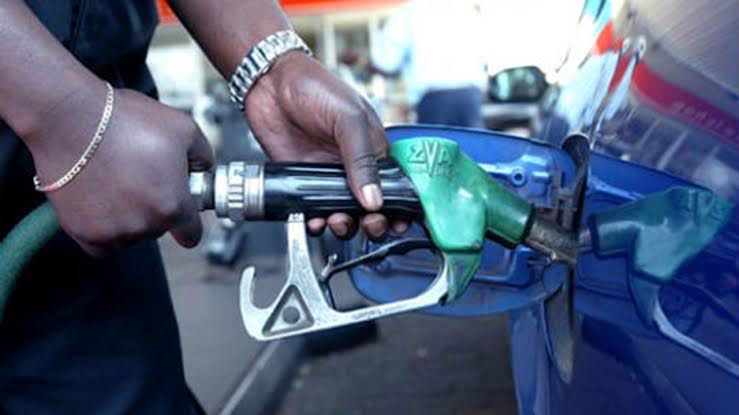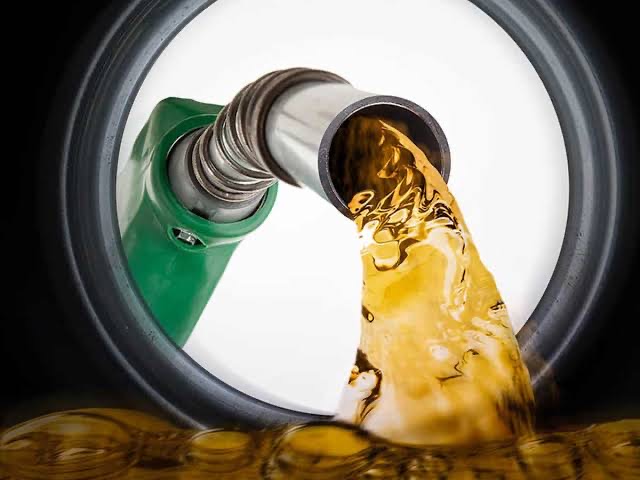Motorists in different parts of the country are once again being hit by a wave of petrol shortages and the situation is gradually worsening.
The ongoing crisis has sparked a blame game between oil traders and the government, with both accusing each other of being the main cause of the disruption. Oil marketers allege that a significant drop in petrol imports is the main reason for the shortage. They claim that logistical challenges and financial constraints have severely affected the supply chain, leading to a decline in fuel availability.
Meanwhile, the National Midstream and Downstream Petroleum Regulatory Authority (NMDPRA) has blamed the crisis on rampant exploitation in the retail sector. NMDPRA alleges that exorbitant pricing and panic buying by some retailers have exacerbated the shortages, especially in the Capital Territory.

They claim that such practices drive up prices, create artificial shortages, and further strain an already strained market. As the crisis unfolds, others continue to look elsewhere. While motorists have borne the brunt of the bottleneck, the real cause remains a matter of debate.
On Sunday, many independent petrol stations in Lagos were sold out, preventing vehicles from entering or exiting.
Some NNPC branches and branches of other major retailers in Abule Egba, Ogba, and Ikeja were also sold out. “There is currently a shortage of imports,” Debo Ahmed, president of the Independent Petroleum Marketers Association of Nigeria (IPMAN), said in a telephone interview.
“We can confirm that there is a problem with petrol imports which has recently decreased. We have heard this could be related to payment issues. The situation is worse in Abuja.”
Ahmed, however, asserted that the current problems may not continue beyond next week as everyone has their hands full resolving all issues along the supply chain.
Reacting to the development, NMDPRA spokesperson, George Ene-Ita, told Journalists by phone that some retailers are refraining from selling despite having adequate reserves in their underground tanks, which is contributing to the artificial shortage.

Ene-Ita, however, assured that efforts are underway to intensify activities on the ground and restore normal supply levels in the coming days. He urged residents not to panic, assuring that the regulator is actively working on the issue to ensure fair distribution of fuel in the capital.
He said, “Well, judging by the queues in Abuja, the problem lies in the logistics of delivery volumes to North Central, especially Abuja. Moreover, some retailers are trying to take advantage of this short-term supply gap to create an artificial shortage by withholding sales even when they have sufficient reserves in their underground tanks.”
Therefore, authorities are intensifying field activities to respond to the situation and supply will return to normal within days. In a separate development, a Journalist’s report last week revealed that Nigeria’s debt to petrol suppliers has exceeded $6 billion, doubling since early April as the NNPC struggles to bridge the gap between fixed pump prices and international fuel prices.
Journalists linked the report to six industry sources, who said traders said the NNPC has yet to pay for some of its January imports, putting the overdue payments at $4-5 billion.
As per the terms of the contract, NNPC is required to pay within 90 days of delivery. “The only reason dealers are putting up with this is the $250,000 compensation (per load) per month for late payments,” an industry source said.
Reacting to the $6 billion petrol debt claim, Mr Olufemi Soneye, Chief Corporate Communications Officer of NNPC Ltd, described the Journalists’ report as fake news.
Soneye added that the claim that the company is in default on $6 billion in petrol payments is false.
“That’s not true. I don’t know anything about it. It’s fake news. Did they name the marketers they claim we supposedly owe? Let them name them.”
































